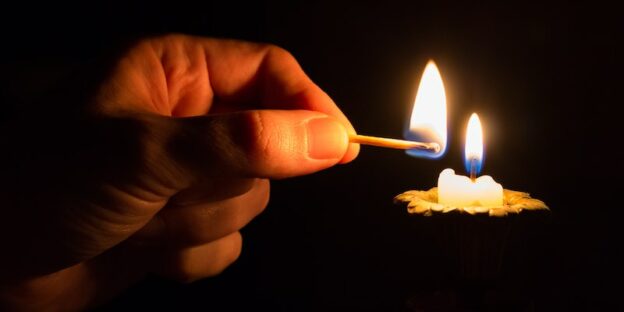In moments of farewell, honoring a loved one transcends the ordinary, reaching into the realm of the extraordinary. At Snowden Funeral Home, we understand that each life is a unique tapestry of memories, deserving of a tribute that reflects its distinct beauty. As we navigate the path of remembrance, we explore the art of celebrating lives with unique urns and creative homages, ensuring that every farewell is as unique as the life it honors after cremation services in Silver Spring, MD.
The Essence of Personalization
The choice of an urn becomes a profoundly personal decision that holds the essence of a cherished life. Beyond the traditional, we venture into the customization of urns, embracing materials, designs, and symbols that resonate with the individual’s spirit. Whether it’s a color that captures their zest for life, a material that reflects their strength, or an emblem of their passions, these choices craft a memorial that speaks to the heart.
Choosing an urn is a personal one that holds the essence of a cherished life. Moving beyond traditional options, we offer customizations that embrace different materials, designs, and symbols that reflect the individual’s spirit. Whether it’s a particular color that captures their zest for life, a material that symbolizes their strength, or an emblem of their passions, these choices create a memorial that speaks to the heart.
Celebrating Lives with Creativity
Memorial services are transforming, becoming personalized celebrations that mirror the individual’s character, beliefs, and impact. From gatherings in meaningful locations to incorporating favorite music, readings, and hobbies, these services become a canvas on which a person’s story is painted with love and respect. Here, within these personal touches, the person’s essence shines brightest.
Memorial services have evolved to celebrate the unique individual more meaningfully, honoring their personality, values, and impact. Every detail contributes to a beautiful tribute to their life, from location to music, readings, and hobbies. I am dedicated to creating a thoughtful and positive experience for everyone involved.
A Legacy of Compassion
At Snowden Funeral Home, our dedication extends beyond the services we provide. It’s woven into our compassionate support for every family, guiding them through their choices with empathy and understanding. Our commitment to honoring lives with dignity and respect is a testament to our legacy, which has been nurtured through generations of caring for our community.
An Invitation to Honor Life
 As we offer cremation services in Silver Spring, MD, we invite you to explore the possibilities of creating a tribute that truly reflects the unique life of your loved one. Let us assist you in crafting a service that honors their memory and offers comfort and healing to those who gather to remember.
As we offer cremation services in Silver Spring, MD, we invite you to explore the possibilities of creating a tribute that truly reflects the unique life of your loved one. Let us assist you in crafting a service that honors their memory and offers comfort and healing to those who gather to remember.
In these moments of remembrance, we are reminded of the profound impact a life can have. It is our privilege to help you celebrate this legacy, ensuring that the final homage is as remarkable as the life it commemorates.
For more information on how we can assist you in creating a fitting tribute, please reach out to us. We are honored to share your journey of remembrance, providing guidance and support every step of the way.




 In conclusion, the transformation in cremation services underscores a deepening desire for personalization, sustainability, and connectivity in how we say goodbye to our loved ones. With each technological advancement and creative endeavor, we find new ways to remember, celebrate, and honor the lives of those who have passed, ensuring their legacy continues in ways as unique and valuable as their contributions during their lives. As we look to the future, this innovative approach to
In conclusion, the transformation in cremation services underscores a deepening desire for personalization, sustainability, and connectivity in how we say goodbye to our loved ones. With each technological advancement and creative endeavor, we find new ways to remember, celebrate, and honor the lives of those who have passed, ensuring their legacy continues in ways as unique and valuable as their contributions during their lives. As we look to the future, this innovative approach to 
 As the organizer, it’s easy to get caught up in the details and forget to process
As the organizer, it’s easy to get caught up in the details and forget to process 
 Religious and cultural beliefs often influence funeral decisions. Some religions have specific guidelines regarding cremation and burial practices, so respecting these traditions while honoring the departed’s wishes is essential.
Religious and cultural beliefs often influence funeral decisions. Some religions have specific guidelines regarding cremation and burial practices, so respecting these traditions while honoring the departed’s wishes is essential.
 As we grapple with climate change, every decision, even those surrounding
As we grapple with climate change, every decision, even those surrounding